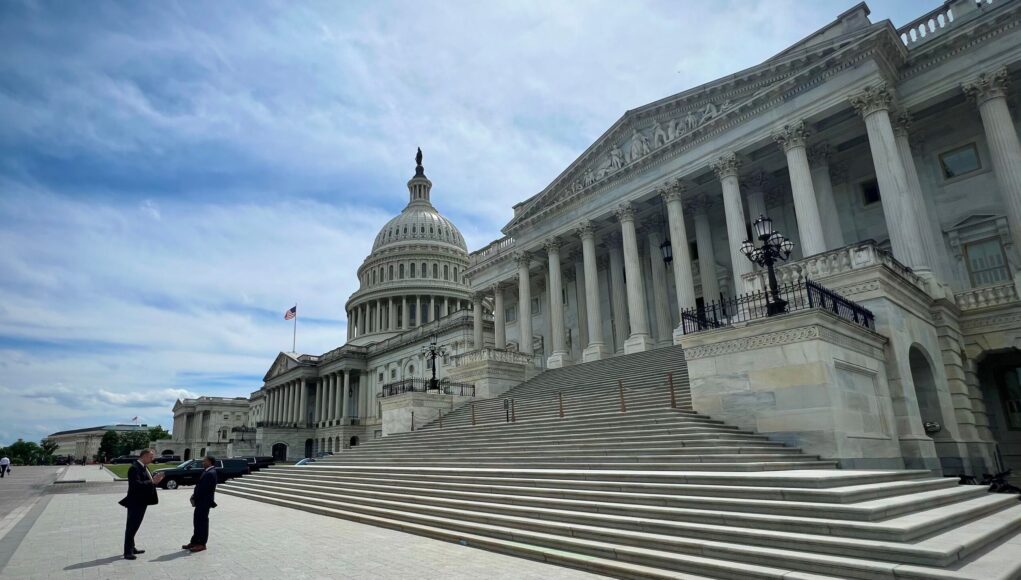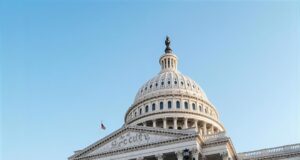Despite the ongoing U.S. government shutdown, the Senate is witnessing a surge in crypto-related activity this week. Republican lawmakers are mirroring a previously scheduled meeting between Democratic senators and crypto industry leaders, signaling a bipartisan interest in addressing the sector’s regulatory landscape.
Digital Asset Market Clarity Act
The Senate Banking Committee has been working on a draft of the bill, but progress has been hampered by a budget dispute and concerns raised by both Democrats and industry insiders. A leaked document outlining Democratic language on decentralized finance sparked controversy, potentially jeopardizing negotiations.
Senate Banking Committee
Summer Mersinger
“Any durable policy must be bipartisan,” – Summer Mersinger, CEO, Blockchain Association.





